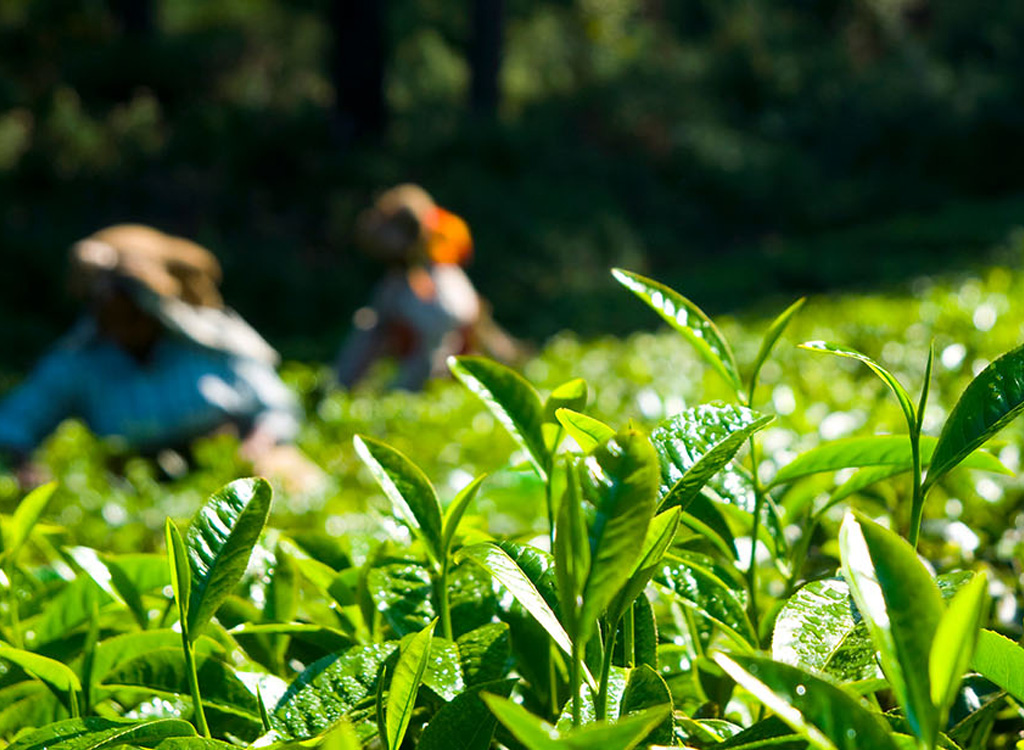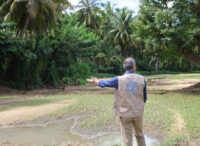The Sri Lankan government’s recently proposed wage increase for plantation workers will not apply to smallholder tea estates, the Plantation Industries Ministry confirmed.
The proposed increment, announced in the recent budget by President Anura Kumara Dissanayake, raises the daily minimum wage for estate workers from Rs. 1,550 to Rs. 1,750, effective January 1, 2026.
However, it applies only to workers on large, government-owned estates, leaving the majority of smallholder tea estates outside its scope.
Media Secretary to the Minister of Plantation Industries and Community Infrastructure, Chamal Sayuranga, explained that smallholder workers are private-sector employees who do not have mandatory Employee Trust Fund deductions and typically earn higher relative incomes.
He added that private estates would likely adjust wages independently to remain competitive.
The exclusion has drawn criticism from smallholder representatives, who say they face rising labour instability and financial strain.
Smallholder estates account for 75% of Sri Lanka’s gross tea production, but securing workers has become increasingly challenging amid competitive wage pressures.
“Workers readily go to another estate that offers a higher wage for the day. This makes consistent attendance very difficult to guarantee,” said Indika Yasaratne, former President of the Smallholder Tea Estate Development Committee.
Yasaratne described a practice where smallholders must visit workers’ homes the day before to secure attendance, underscoring the difficulties of managing labour in the sector.
Smallholders also cite the lack of government support for guaranteed tea leaf prices, with current rates leaving little to no profit after basic expenses.
“With no support from the Government to solve these problems, we are finding it really hard to continue with this job,” Yasaratne added, highlighting the precarious situation of a group vital to Sri Lanka’s tea industry.
The Ministry has maintained that the wage increase is designed to protect government estate workers, while private estates are expected to manage wages according to market conditions.
(With inputs from The Morning)











Leave a comment